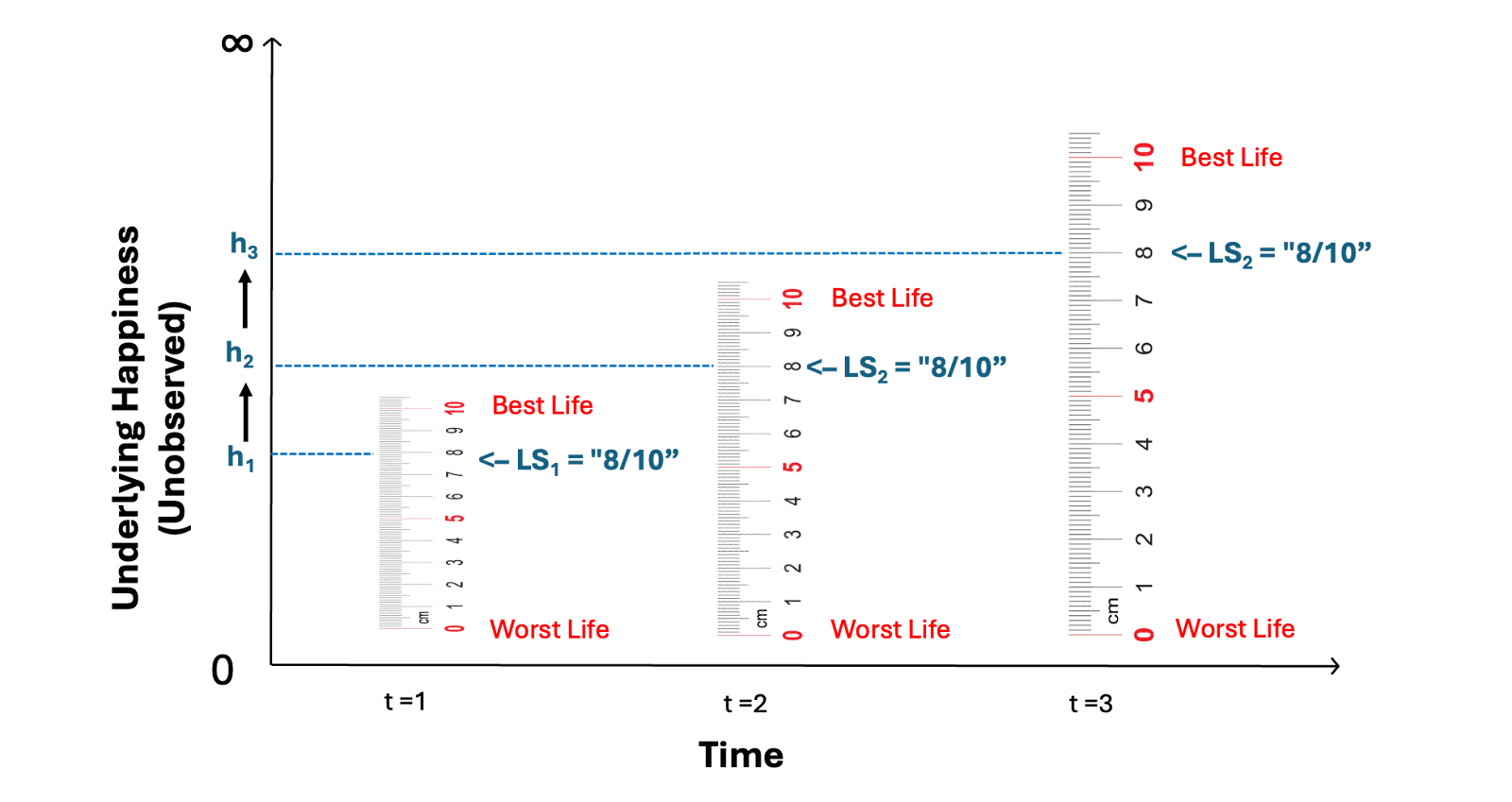(I wrote more generally about this here earlier today, I'll limit this post to the EA-relevant context of my question. Apologies if this general principle was already widely-known to everyone except me.)
"Preach the Gospel at all times. Use words if necessary"
-attributed to St Francis of Assisi
I have been thinking a lot recently about the way I talk about moral values that are important to me. One thing I've noticed is that while I easily update beliefs based on evidence and argumentation, I very rarely update my values accordingly (and to be honest for values like "you should care about people in poverty" it's not clear to me how I could be argued out of it.)
This exposes a problem with the way I talk about EA with my non-EA friends: a lot of my conversations are based around "trying to convince other people to agree with my values", which has not been particularly effective. From the linked post:
"When I look at my own moral journey, the interactions I’ve grown the most from haven’t looked like “somebody trying to convince me a position is correct” so much as “somebody letting me into their journey to live out their values.”
I didn’t start to care about global poverty because of A Conversation™ with somebody who’d found exactly the right argument to prove that I should change the way I think. I started to care because I had friends who did, and they invited me into conversations about applying their values: “I’m trying to decide where I should donate this extra money I have. Do you have any ideas?” or “I have been taking bucket showers to keep the DR drought on my mind and in my prayers, and I can’t decide if this is an act of solidarity or a waste of time. What do you think?” or “I’m really upset about [event causing mass suffering] and I need somebody to talk to.” Rather than feeling attacked, I felt welcomed into discussions where they didn’t need to defend their values because I could see their inherent goodness working in my friends’ lives."
There's definitely some of this already in EA: Giving Games come to mind as a way to invite people into the world of effective giving as an experience rather than a list of arguments. But I think I personally have been overweighting the importance of logical arguments in changing behavior and values, and underweighting things like "having honest and vulnerable conversations about what's important to me" and "inviting people to do things with me," and based on interactions I've seen I suspect I am not alone in this.
So two questions (I have thoughts on the first, I'll put them in a comment to keep the question itself short):
- Do you have ideas of how to share the "EA" part of your life with others beyond "actively trying to convince them to change their mind?" What are they? If you've tried them in practice, have they been effective?
- Do you have pointers to research (or better, a concise summary of research) on how people actually form and change their values? Any implications for EA?



